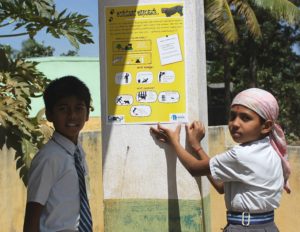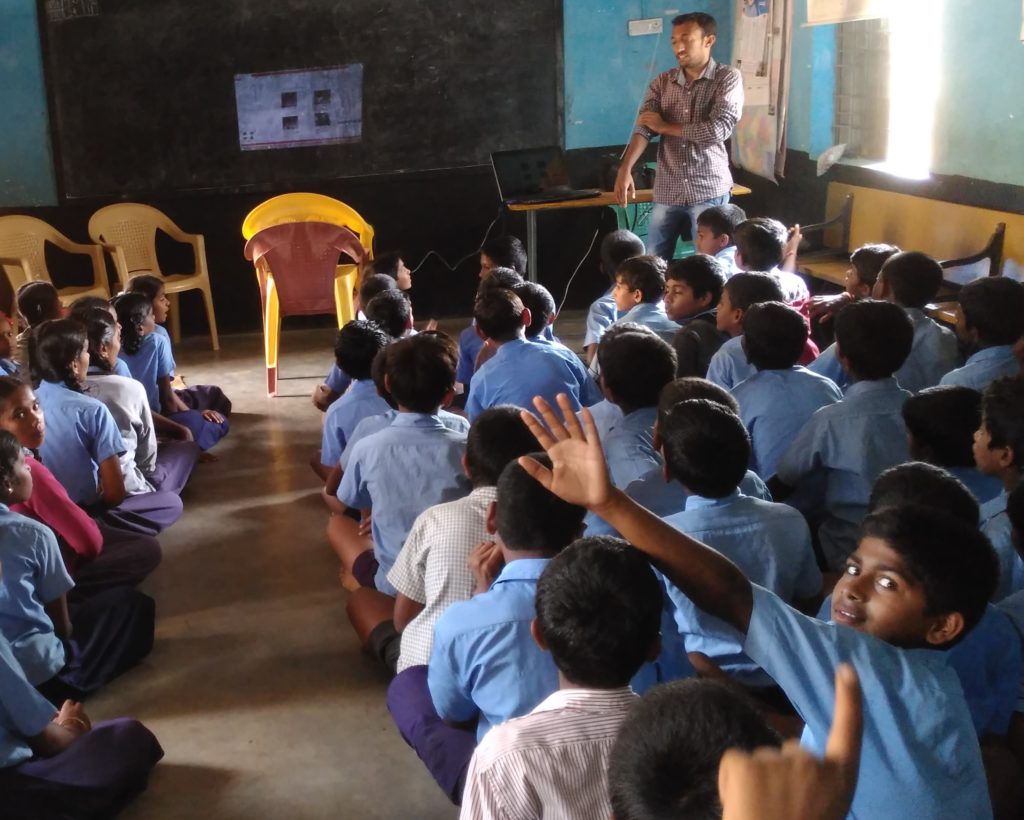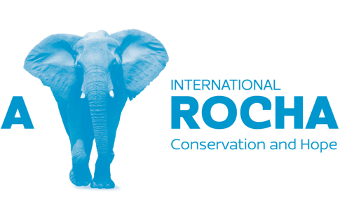Bangalore Leopard attack – what now?
On 7 February a male Leopard Panthera pardus entered Vibgyor International School in Bangalore and mauled six people. The footage from CCTV cameras was watched around the world and in Bangalore, not surprisingly, many people reacted with fear. There is concern amongst conservationists that the publicity will result in communities being less tolerant of big cats. The Leopard has a wide distribution: it is locally common in parts of Africa and Asia, but it is decreasing across much of its range due to the loss and fragmentation of its habitats.
a male Leopard Panthera pardus entered Vibgyor International School in Bangalore and mauled six people. The footage from CCTV cameras was watched around the world and in Bangalore, not surprisingly, many people reacted with fear. There is concern amongst conservationists that the publicity will result in communities being less tolerant of big cats. The Leopard has a wide distribution: it is locally common in parts of Africa and Asia, but it is decreasing across much of its range due to the loss and fragmentation of its habitats.
A Rocha India has long experience in helping to reduce conflict between people and wildlife. Much of the focus has been on reducing incidents between farmers and the Asian Elephant Elephas maximus, but during 2015, the team assessed conflicts between people and Leopards on the western edge of Bannerghatta National Park, following occasional attacks on cattle and dogs. They made recommendations to the Forest Department which include awareness programmes in conflict prone areas, and so A Rocha is now training volunteers and providing them with teaching materials.
Since the attack at the International School, A Rocha has been asked by the Forest Department to also conduct a Leopard education programme at schools in and around Bangalore. Sagarika Phalke, A Rocha India’s Programme Officer, writes, ‘We have created a small, interactive presentation which focuses on the biology and habits of the Leopard, possible causes for it coming into a city, and Do’s and Don’ts on encountering these big cats. We hope to cover most of the schools around Bannerghatta National Park and some closer to where the incident happened. This programme will probably run for at least a month and then, depending on the direction of the Forest Department, we will decide the next phase.’
